Grower Stories #155: Dr. Matthew Elmes
Published
Updated
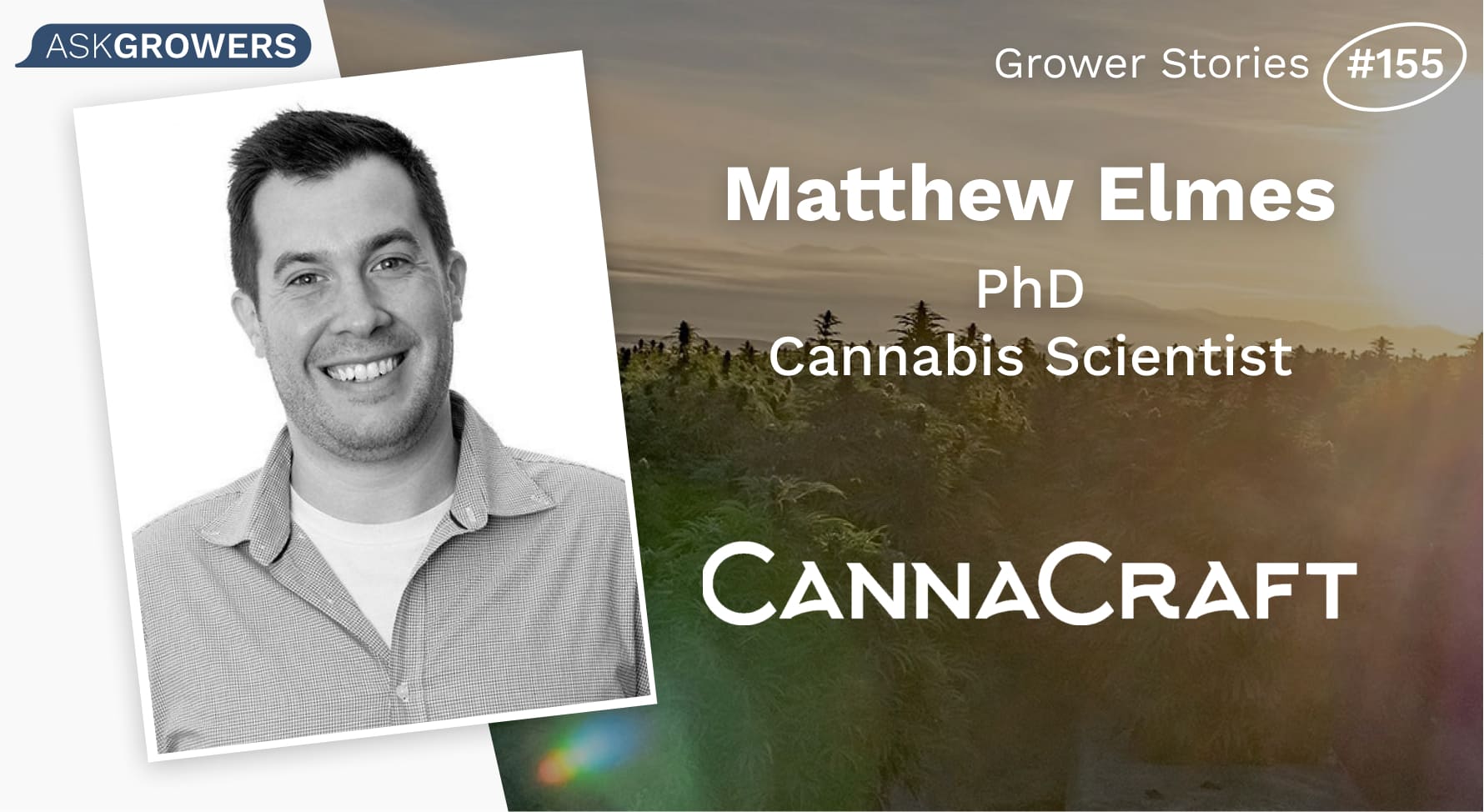
Dr. Matthew Elmes talks to the AskGrowers team about cannabis
The AskGrowers team sits down with Dr. Matthew Elmes from CannaCraft for an interview. Dr. Elmes shares the story of how he happened to find himself in the cannabis industry, why he loves researching the plant, his experiences as a cannabis researcher, and the importance of sharing the right knowledge regarding the plant, among a lot more.
Tia: Matthew, tell us a bit about yourself. How did you get into the cannabis industry and what do you like in it as a scientist?
Matthew: I guess that I’ve got sort of a unique journey into the cannabis space - I sort of fell into it. I've always been a sort of science nerd. I took science courses and I ended up doing a program where I landed in the lab that was studying the endocannabinoid system - basically the biochemistry of how endocannabinoids are produced and broken down in our bodies. I’d always had a fascination with cannabis and science so it seemed like a perfect lab for me.
So when I joined the lab, I kind of took on more of a phytocannabinoid spin, away from endocannabinoids. I was working on understanding better, how our bodies are processing THC and CBD from cannabis but there were some big gaping holes in our knowledge about how these processes happen. So, in 2015, I published my first big paper on a major discovery, identifying cellular carriers for THC and CBD - suffice to know that it's a step in the process of how we metabolize compounds. We didn't know about it before and I discovered that. Then, during my PhD work, I and my group had a patent around a strategy to raise endocannabinoid levels in the brain.
So that work actually lent to a PostDoc after my PhD. I started working for a bio farmer company. They were looking into endocannabinoid modulation strategies. So we were trying to make a painkilling drug that just works by playing around with your endocannabinoid levels. The drug worked really great with rodents and we were working towards first human use. During my PostDoc, I got a call out of the blue one day from Dennis Hunter, who is - I didn't know at the time - but he’s a big name in the California cannabis space. He's the founder of a company called CannaCraft, which is the biggest manufacturer in California. He called me for an R&D position in his company.
The company and the team were looking like a really good fit. So I moved from New York to California, and I worked as a scientific director for CannaCraft for almost three years.
Tia: In your experience, is it hard to convince people that cannabis is not a drug, but might be a great solution for those who suffer from different kinds of illnesses?
Matthew: I think a big part of that is generational. I think younger people have a more open mindset towards cannabis than the older generations. And I don't know if this is US-specific but it was heavily stigmatized for so long that generally older people have a harder time breaking that stigma than the younger people.
So, in my experience, my circle is very much academic so the people are generally already convinced that cannabis can help but there are a lot of people out there that think alcohol is better, which is pretty much objectively not right.
Alcohol is one of the worst drugs for your body in my view and yet it's so destigmatized and legal so everyone just does it, but I think cannabis still has so much untapped potential. And the good thing is that the industry finally exists and is growing.
Tia: Do you think people need to take courses to get a better understanding of cannabis and the industry itself when we see that more and more states are legalizing weed?
Matthew: It depends. Like, I don't think you necessarily need a course. Some people are taking these university courses trying to get a foot in the door. I'm not gonna say it hurts but I don't know if it necessarily helps as much as people think it will.
But if you have an interest in learning more about how cannabis is working and what it could be doing, then yeah, sure. But I don't want to overstate the importance of taking these cannabis-specific courses. Like, when using cannabis, you don't really know how it works to know it does work. And if you’re looking for a way to break into the industry, there are probably better ways to do it rather than taking a random cannabis course.
Tia: Have you faced any prejudices in your work and life related to cannabis?
Matthew: Not really - maybe in the earlier life whenever I would get in trouble with my parents or they would call me something weird. Otherwise, you know, not too much. I feel like when you have a Doctorate, it’s a little easier to smoke weed without people looking down on you. I kinda have a little buffer and I don’t really care what people think anymore. I think there is a stigma associated. I just may not have experienced it as terribly as some other people might have.
Tia: You pay attention to the fact that the media are often hyped on cannabis and in many cases it causes the wrong understanding of the cannabis plant and industry itself. What do you think about that? Who can suffer most in this case?
Matthew: Yeah, so hype for cannabis goes up really quick these days. Like a little research finding from one little plate of cells in the lab somewhere can blow up like national news, even though it’s not that exciting. And I think that is actually how I connected with AskGrowers in the first place. They asked me to comment on this study, probably a couple of weeks ago, that was showing the possibility of acidic cannabinoids preventing COVID infections.
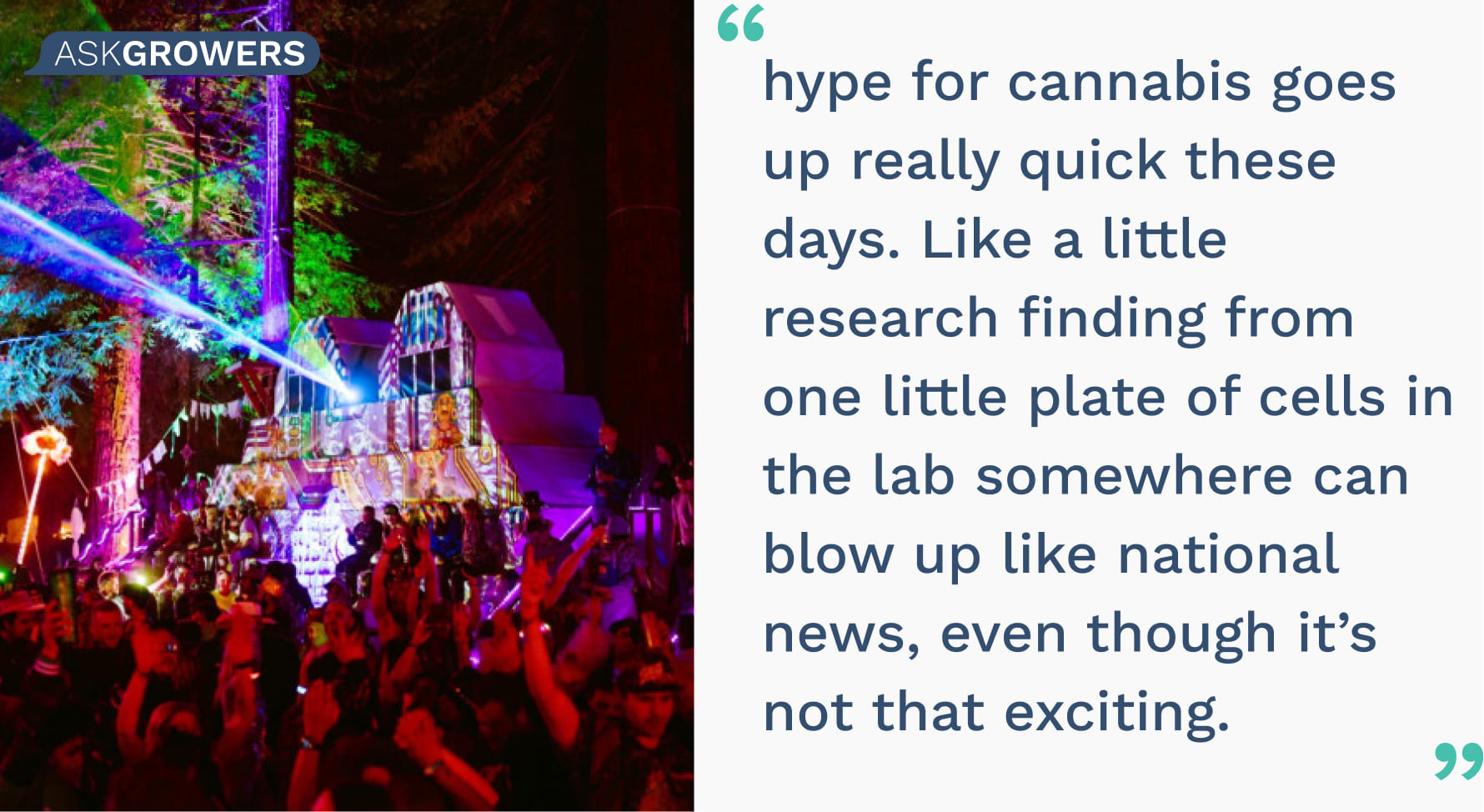
But I had some major caveats with that research like how it was formed, and the conclusions were wrong or just wild. Like, I don't see a lot of promise in that research for COVID therapy. But it doesn’t stop it from being shared around the world and people just looking at the headline and going, “Hey look! If I smoke weed, it’s gonna cure my COVID.”
You have to take some of these researches with a grain of salt, until it's shown in humans, especially.
Tia: What was the most terrific experience in the industry for you, being a cannabis scientist before or at CannaCraft?
Matthew: Oh man, that's hard! I really love academic research. I have a passion for it and cannabis is an interesting topic because the research is really lacking mostly due to the federal prohibitions and other challenges this research has had historically. There are a lot of research questions to be addressed, which is really exciting to me - being able to know more than anyone in the world about my little niche topic is a very cool thing that I got from the academic side or the published things that are like new knowledge to the world.
But there's something also to be said about the kind of hands-on experience that I got at CannaCraft like building a 30,000-gallon beverage facility - I was literally directing how to build this beverage facility which is pretty cool. Or tinkering with formulations - that's fun to me. There are very tangible hands-on things to do which you don't really get in the academic labs.
So, you know, I've had terrific experiences with both sides of it.
Tia: What things about cannabis do you think people should be aware of prior to using it?
Matthew: I think it’s better to not start too young. I think a lot of people do start too young, myself included - I started smoking at 14. Some of the research does show that there are some more negative effects that happen when you start too young. I want people to know that cannabis is fantastic for a lot of things but it's also not a cure-all for everything as some people make it out to be. It can’t cure everything - it’s good for certain things only.
Tia: Speaking of federal legalization, Do you think it will really help boost the research around medical and recreational cannabis?
Matthew: Oh absolutely! The fact that it is scheduled as a Schedule One drug by the DEA over here really makes very high bars for research. No product can cross a state line, which is a big problem in general, in the cannabis industry. Everything is so complicated in researching cannabis just strictly because it’s a Schedule One drug. Legalization will open a lot of doors, make research a whole lot easier to do, and really accelerate our knowledge of cannabinoid science.
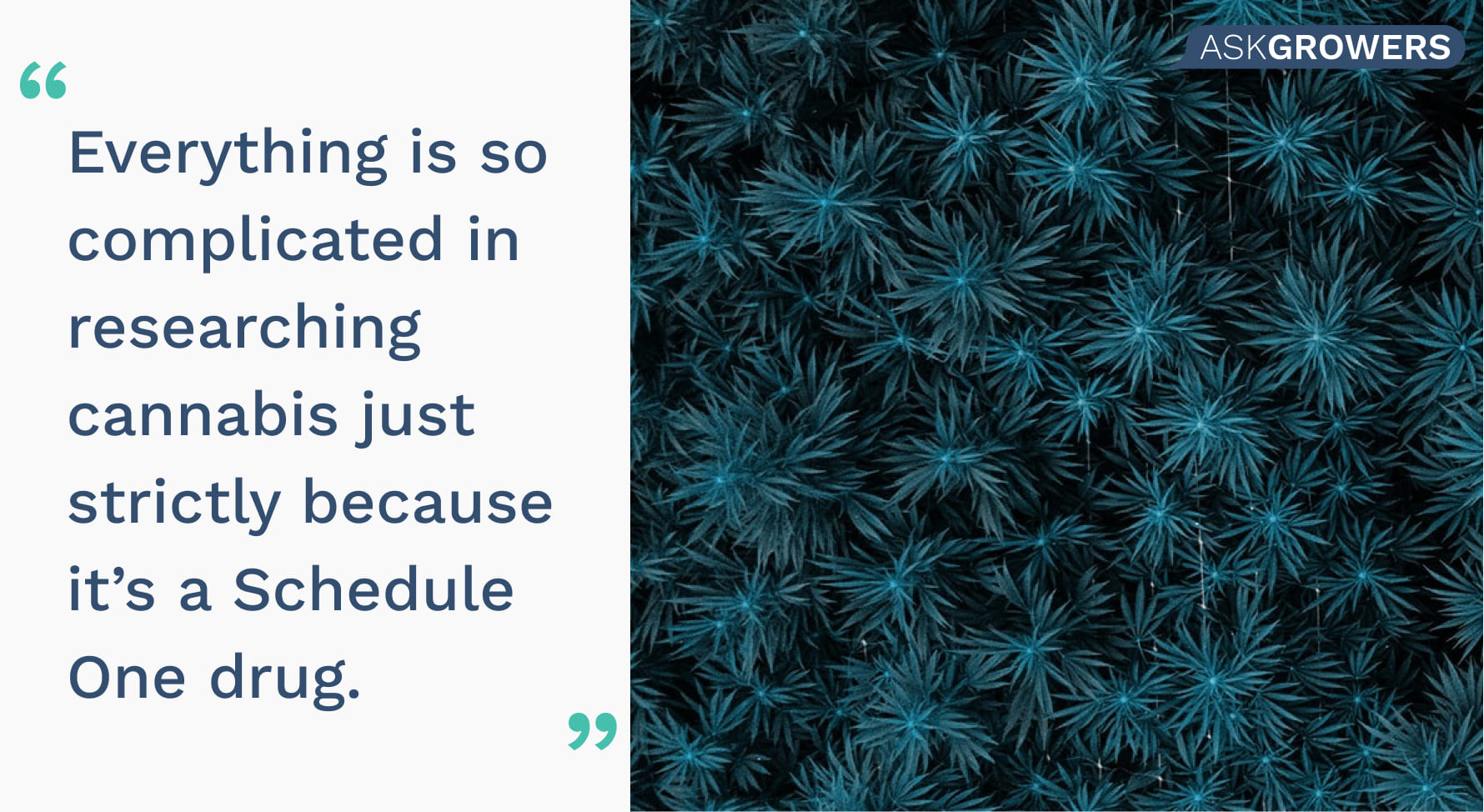
Tia: Who are your idols in the cannabis industry? Why?
Matthew: Raphael Mechoulam. He’s kind of the Godfather of cannabis science. He was the first person to describe THC and CBD. He identified the psychoactive compounds in cannabis. He's a top-tier kind of scientist and I've had lunch with him a couple of times in my life as an academic - we would meet up in conferences and stuff but I would probably claim him as my idol in the cannabis space.
Tia: If you could smoke with anyone on this planet dead or alive, who’d that be and why?
Matthew: I think Snoop Dogg would be fun to smoke with.
Tia: Do you smoke weed yourself? What are the best strains to smoke in your opinion?
Matthew: I actually try everything. But I mostly use vape cards and I don’t like the ones that are Beta-Caryophyllene-dominant because I don’t like the peppery taste that it gives. I personally go for the flavor it gives more than anything. And I don’t just look at strain names. I actually look at the COA and see what terpenes are found in the oil. So, I don’t gravitate towards strains - I kinda look at the flavor I like and then repeat that product again. And I change it up all the time, I’m not too picky.
Tia: Are there any brands/organizations you appreciate and follow in the cannabis industry?
Matthew: Oh yes sure. I like the ICRS which is the International Cannabinoid Research Society. It’s sort of a premiere academic side kind of a conference which is definitely my favorite conference. I always try to go every year when I can make it.
Tia: Maybe there are podcasts you like listening to?
Matthew: I've been on quite a few podcasts but I don’t really listen to them. I’m more of an audiobook guy myself but I know there are some good podcasts in the space.
Thank you so much, Matthew, for taking the time to do the interview!

 Interviews
Interviews
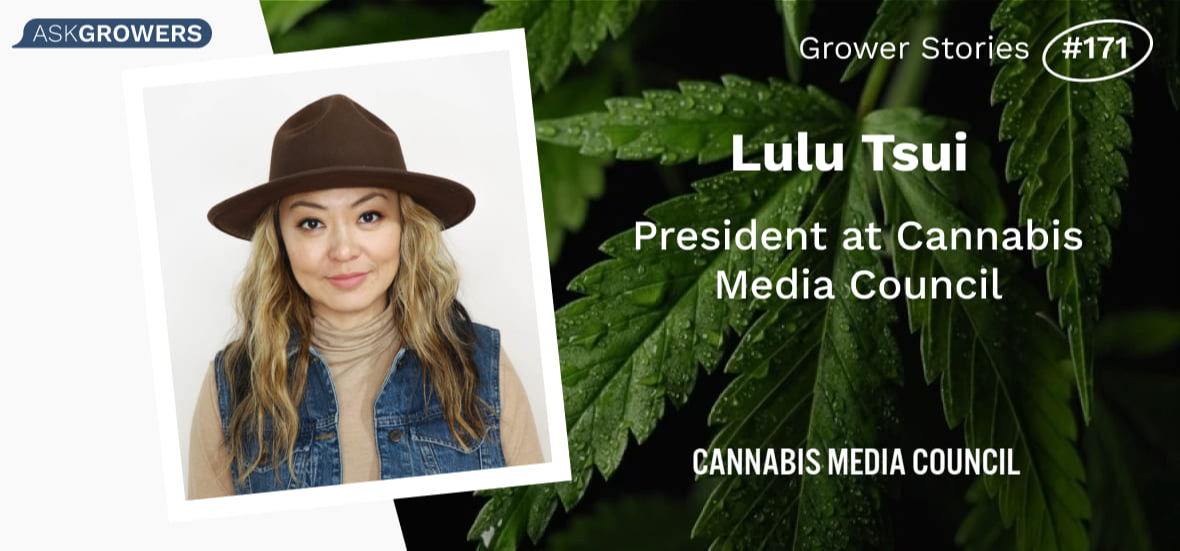
.png)
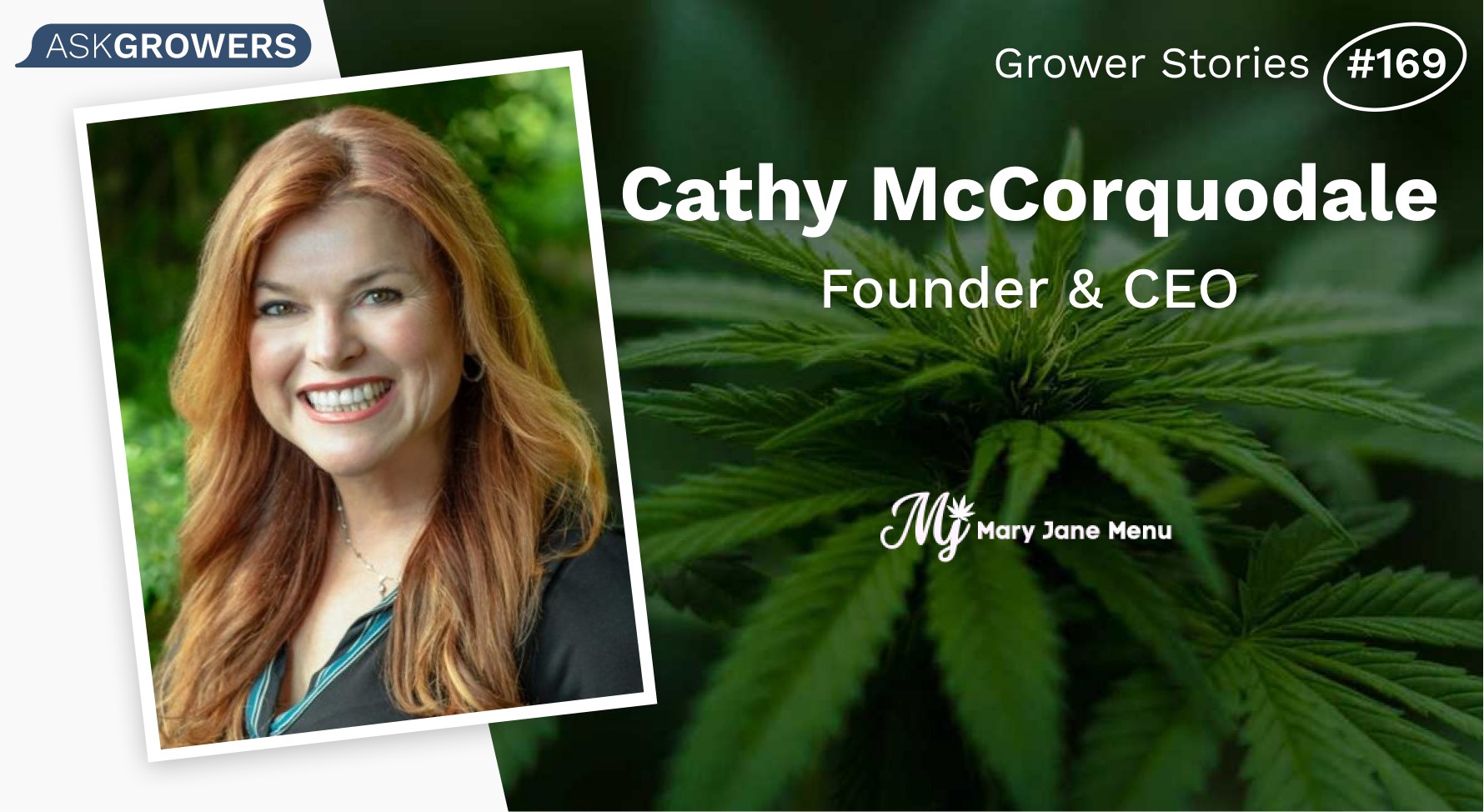
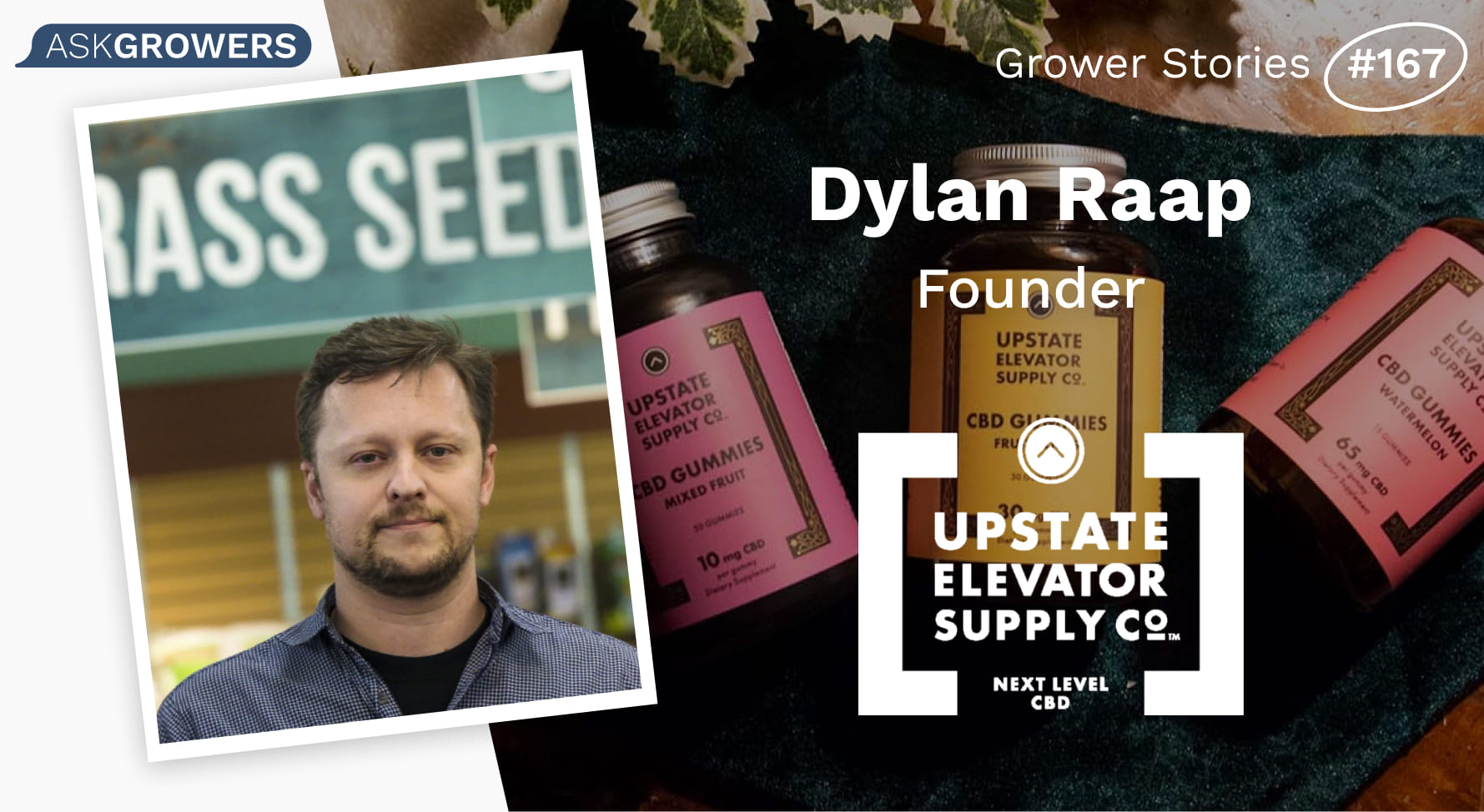
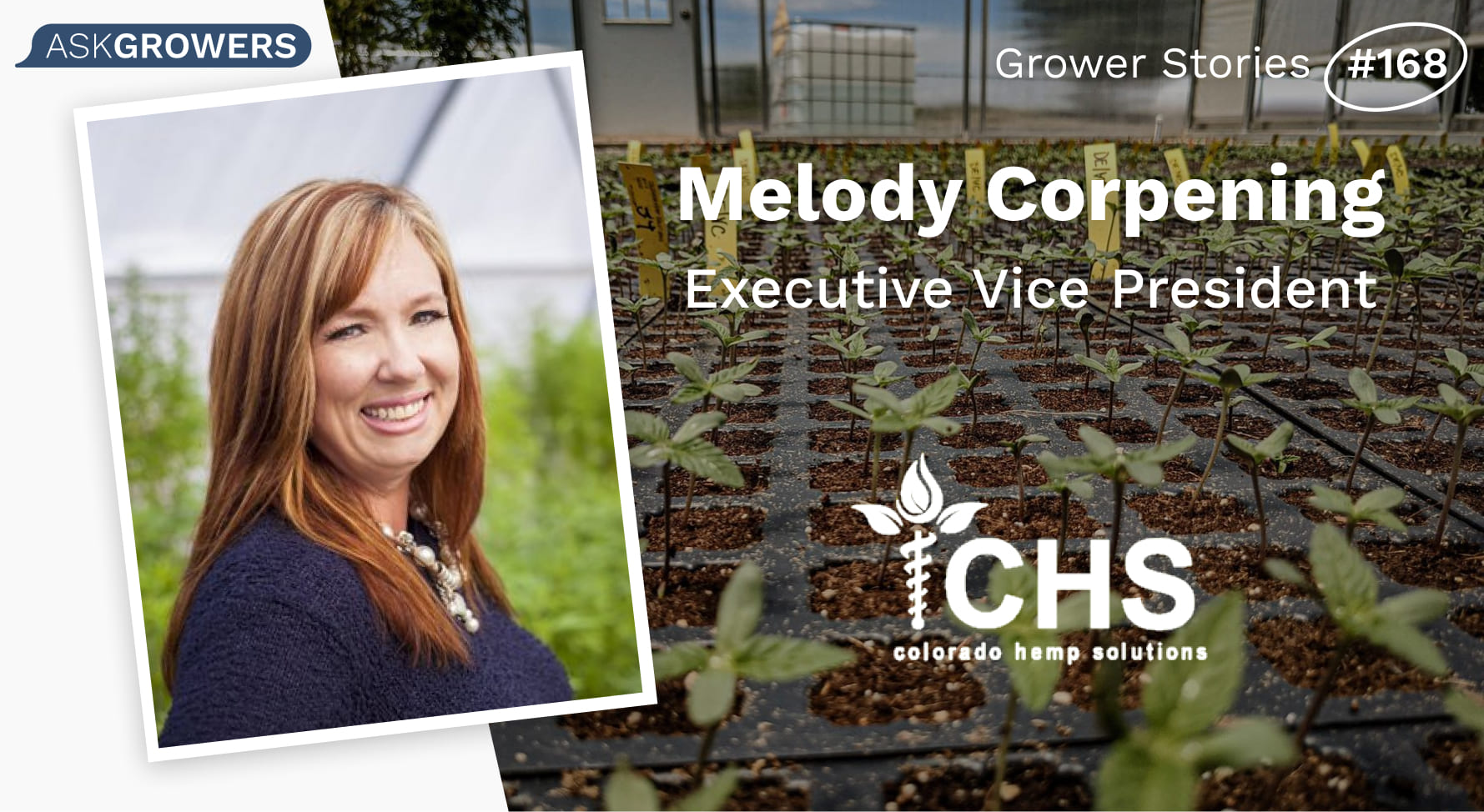
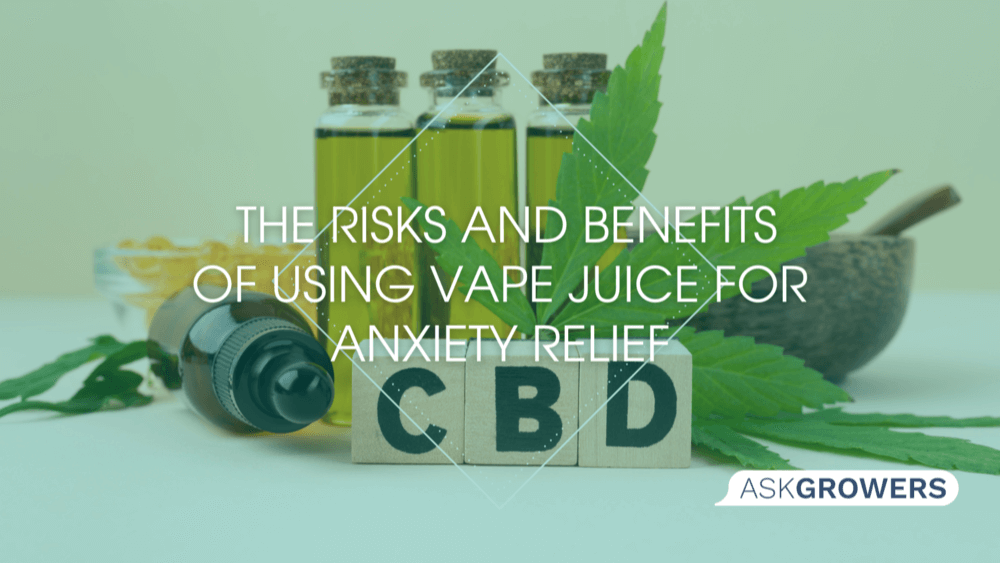
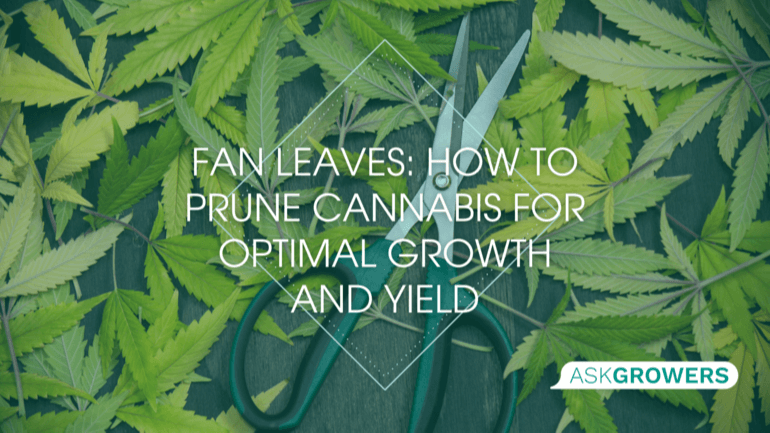
 (1).png)
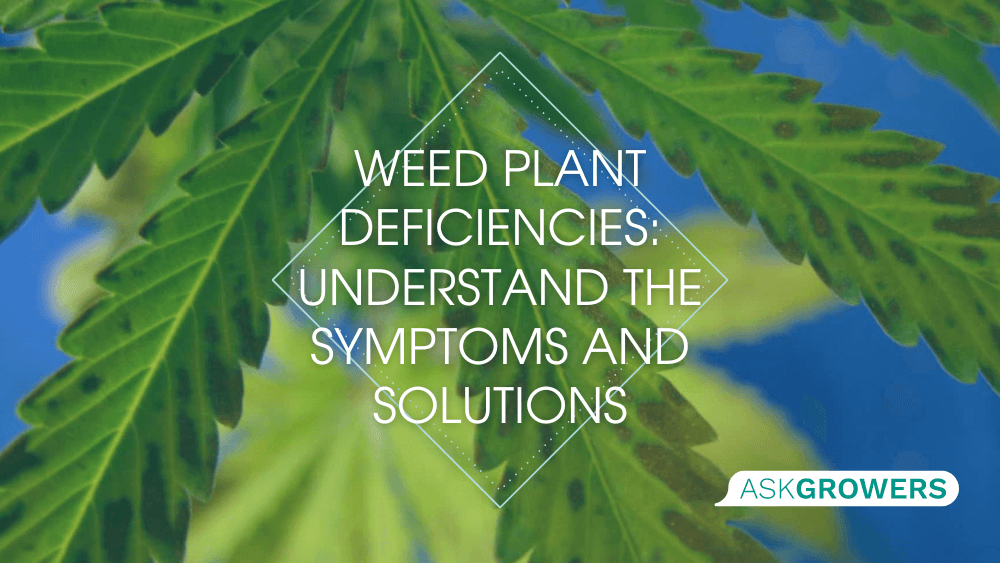
.jpg)
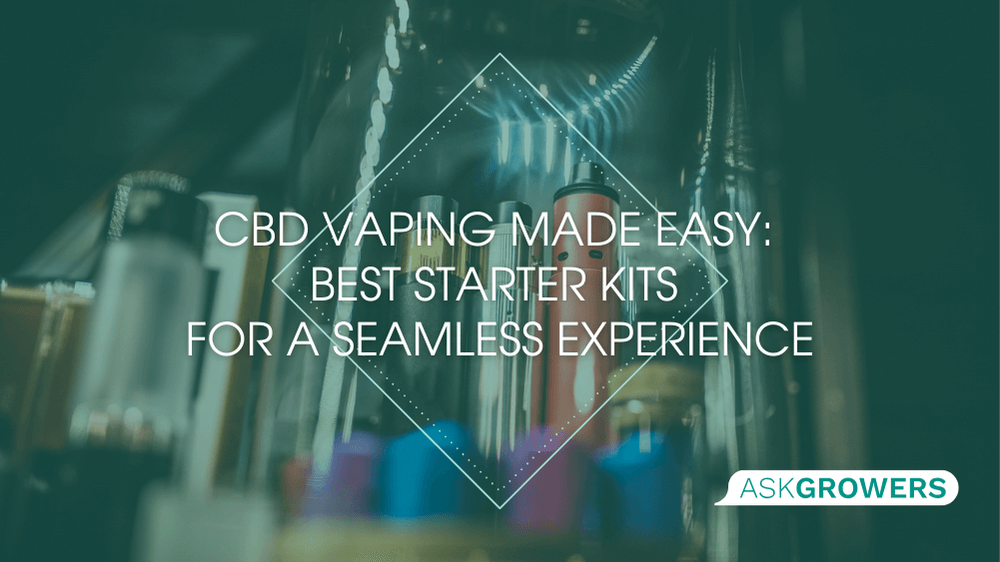
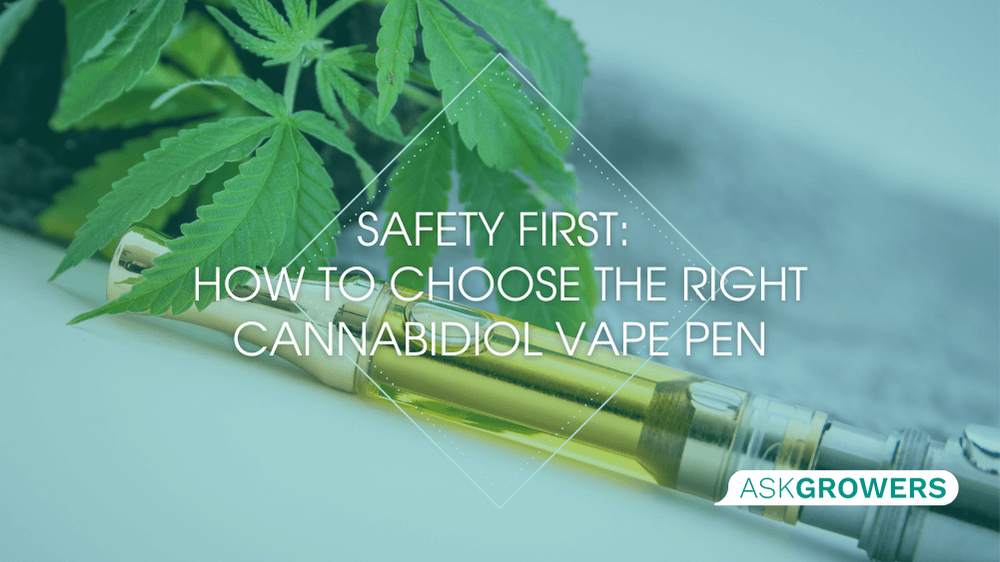
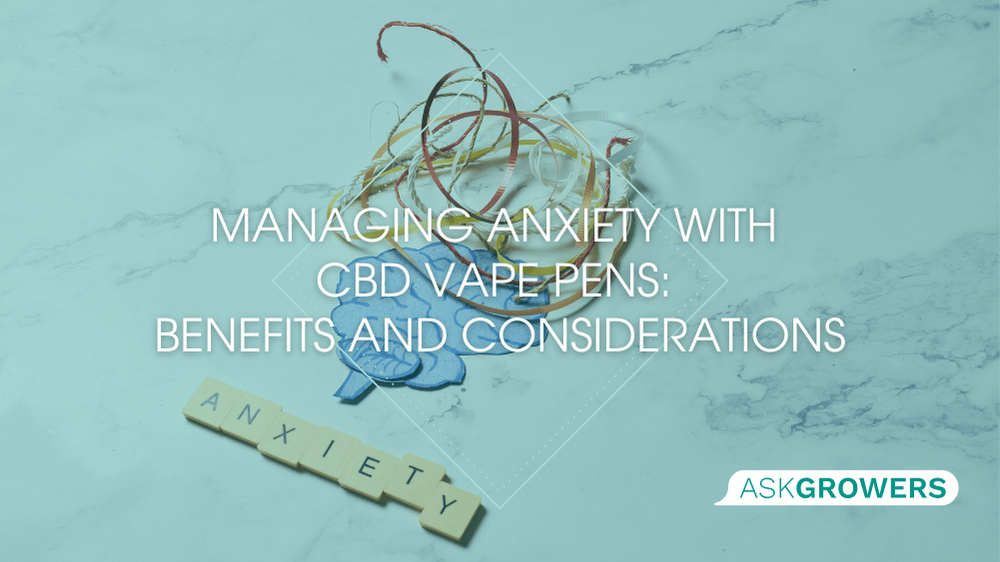
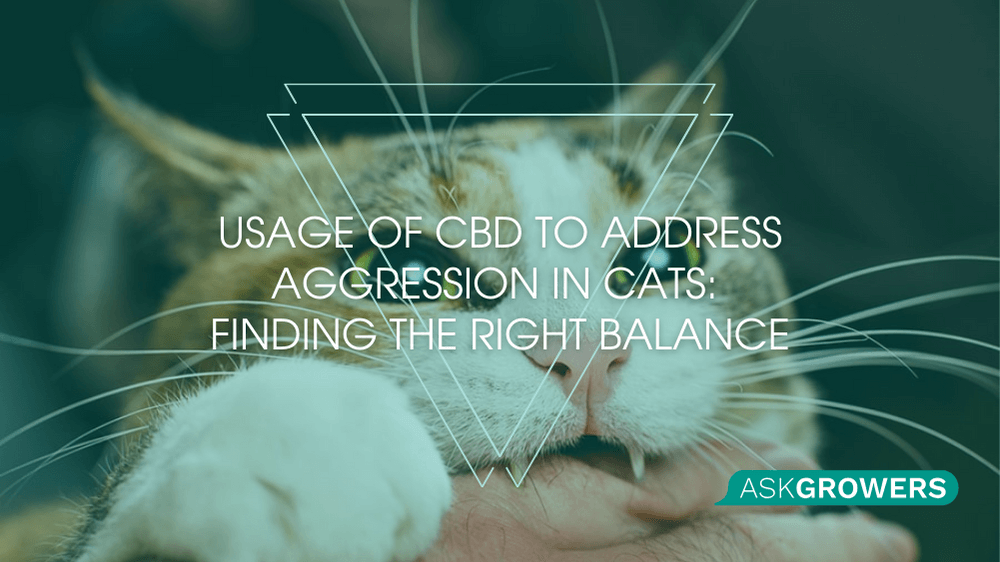
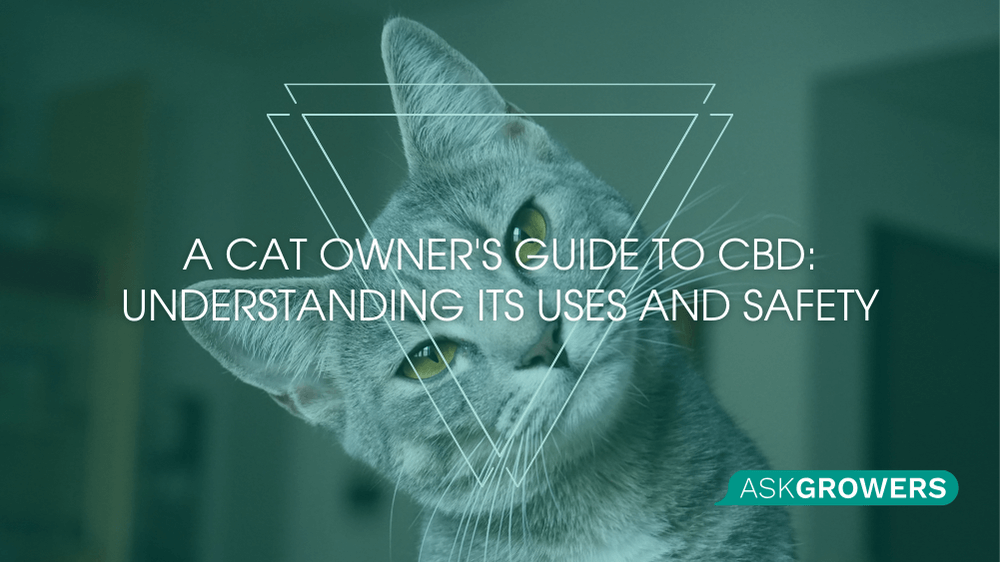
Be the first and share your opinion
Write a Review